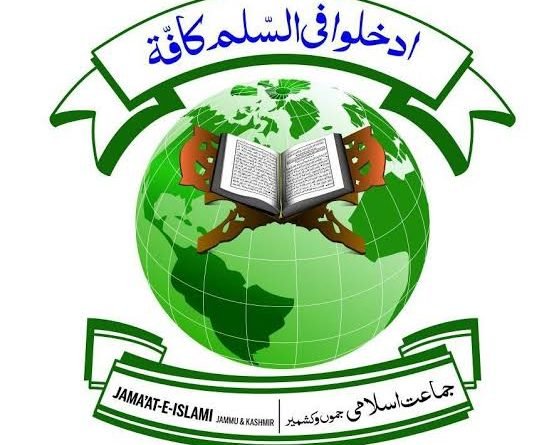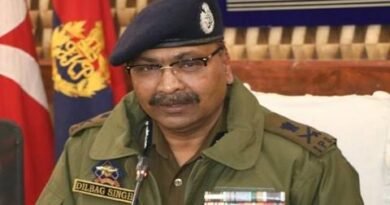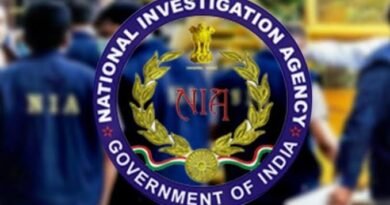‘Even Sheikh Abdullah Failed To Crush Jamat-E-Islami’
Srinagar, Mar 1: Jamaat-e-Islami has faced the brunt of the situation from time to time in Kashmir, be it in when Sheikh Abdullah entered into an accord with Indira Gandhi, hanging episode of Pakistani leader Zulifkar Ali Bhutto, emergence of Ikhwan Cultrue or the present scary era.
“The ban on Jamaat-e-Islami is aimed at victimization of this life-size organization and humiliation of its leaders. It will give boost to militancy and create more alienation,” Says senior political leader and patron Mahaz-e-Azadi, Azam Inqalabi.
In an exclusive chat with news agency CNS, Azam Inqalabi said that the ban on Jamaat-e-Islami will have serious ramifications. “Jamaat-e-Islami is a movement that spreads the light of education. Today’s youth who barely has any connection with this organization is forced to think about India’s designs.”
It was in 1975 when Sheikh Abdullah entered into an accord with Indira Gandhi, JeI was banned by the then Chief Minister Sheikh Muhammad Abdullah. “There was mass arrest and all the schools and institutions affiliated with JeI were closed. The ban was imposed after Sheikh Abdullah realized the impact of this organization. Muhammd Ashraf Sehrai gave a tough fight to Sheikh Abdullah for Ganderbal Assembly seat. It was this feeling that prompted Sheikh to impose a blanket ban on this organization,” said Inqalabi adding that workers and leaders from JeI, Awami Majlis Amal, People’s League and Mahaz-e-Azadi were thrown in jail for opposing the Sheikh-Indira Accord.
Sheikh was forced to lift the ban on the organization after an outcry. “JeI emerged stronger after that. An astute politician like Shiekh Abdullah failed to crush it.”
After 1975, JeI cadre faced tough situation in 1984 when Pakistan military General Zia-ul-Haq hanged Zulifkar Ali Bhutto. “The violence against JeI leaders and cadre were planned and orchestrated. National Conference, Congress and other pro-India political parties incited people against JeI and they faced a Hell like situation. They were blamed for supporting General Zia and thus faced consequence. Their houses were torched, properties vandalized while over a dozen of the workers were put to death.”
Again came the era of militancy that was subsequently followed by Ikhwan Culture. Government sponsored gunmen butchered JeI leaders and workers. “In 1997, JeI then Chief GM Bhat took an important stand when he declared JeI will not support militancy. JeI was being targeted by supporting militancy. This decision gave it some sort of relief and it emerged a force to reckon with despite facing tough times.”
Azam Inqalabi said that it is shocking that an organization that has nothing to do with militancy is being targeted and banned. “The present Indian political top brass are not prudent and have myopic vision. They are exaggerating situation in Kashmir for their political benefits. They are not interested in initiating a political process in Kashmir.”
He said the ban will definitely have serious consequence and will add fuel to fire. “Indian political leadership is damaging everything in Kashmir for vote politics.”
Pertiently, Home Ministry of India on Thursday evening banned Jammu and Kashmir based Jamaat-e-Islami labeling it as an “unlawful association” under Section 3 of Unlawful (prevention) Act. (CNS)




